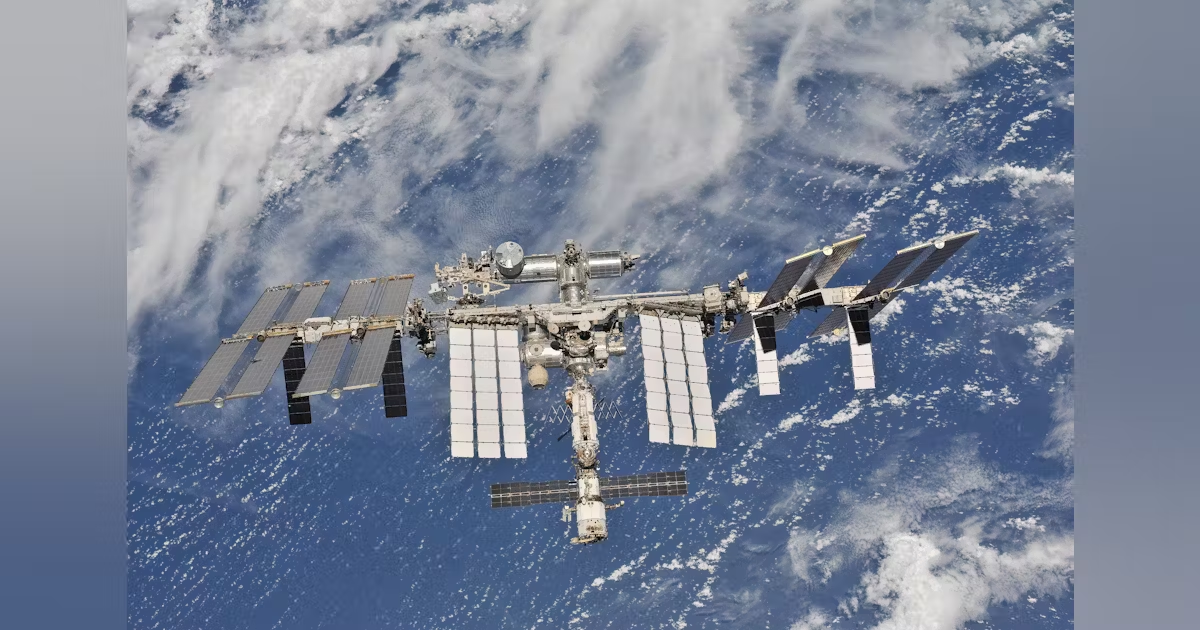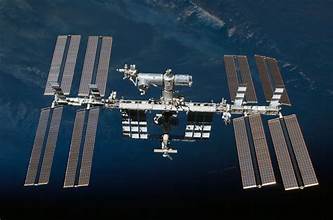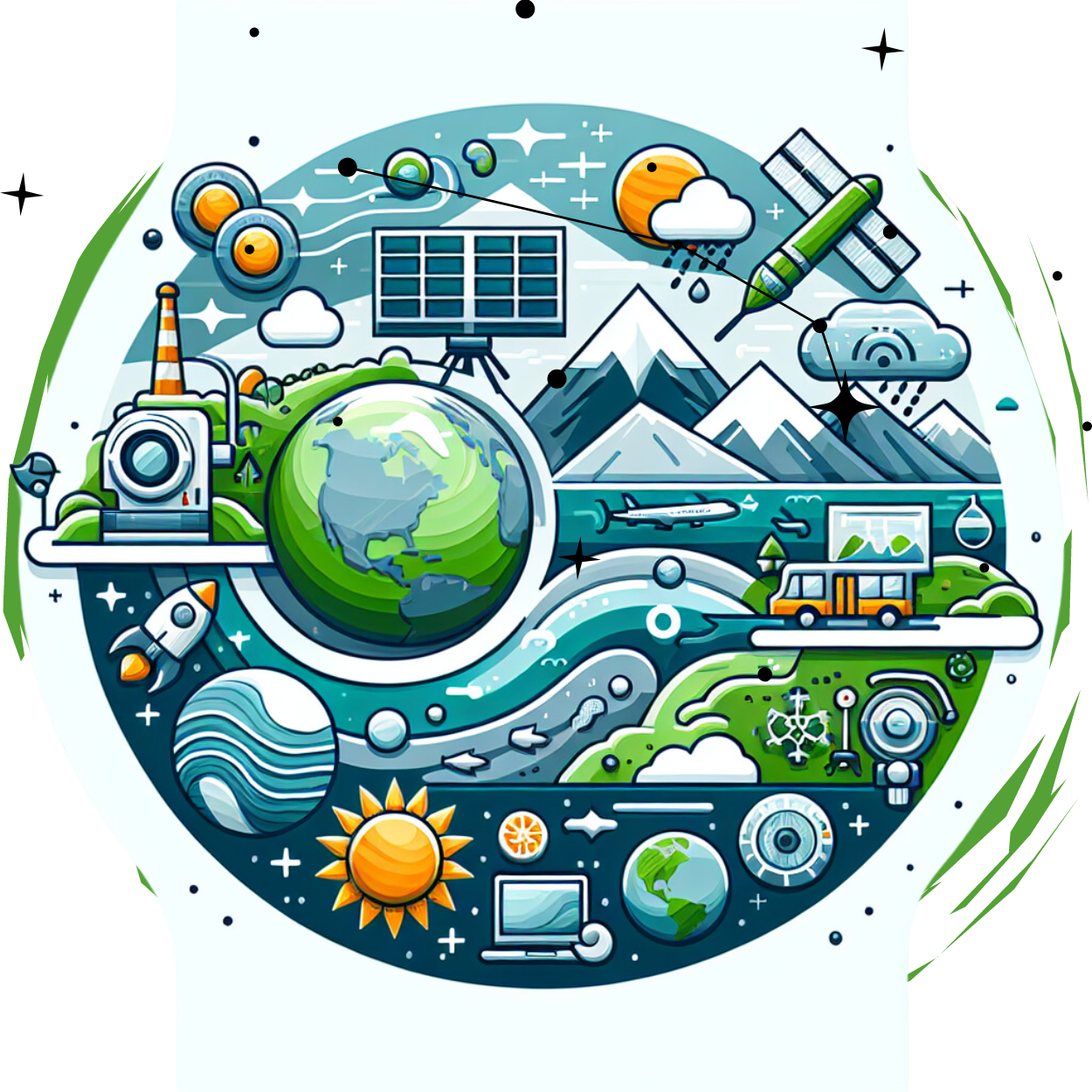
The International Space Station (ISS) continues to be a beacon of scientific innovation and international cooperation in 2024. As we advance through the year, the ISS is poised to achieve several groundbreaking milestones. This article explores the latest advancements aboard the ISS and the exciting missions planned for the remainder of 2024.
Recent Advancements Aboard the ISS
- Enhanced Research Capabilities
The ISS has recently undergone significant upgrades to its research facilities. The installation of new scientific instruments and advanced laboratories aims to enhance our understanding of various scientific phenomena. Notable improvements include the new Biomolecule Sequencer, which allows for in-depth analysis of biological samples, and the upgraded Microgravity Science Glovebox, which facilitates more precise experiments in fluid dynamics and material science.
- Sustainability Initiatives
As part of a broader push towards sustainability, the ISS has incorporated new eco-friendly technologies. The station now utilizes a state-of-the-art water recovery system that recycles wastewater with greater efficiency. This system is crucial for long-duration missions and contributes to reducing reliance on resupply missions.
- Modular Expansion
The ISS’s modular structure has been expanded with the addition of new modules. The recently added “Harmony Module” enhances living quarters for astronauts and provides additional research space. This expansion is part of NASA’s strategy to keep the ISS functional and adaptable to evolving scientific needs.
- Advanced Communication Systems
Communication technologies aboard the ISS have also seen upgrades. The installation of high-speed data links and improved satellite communication systems ensures that scientists and astronauts can transmit data and communicate more effectively with mission control and research teams on Earth.
Upcoming Missions for the ISS in 2024
- Artemis I Mission
The Artemis I mission, scheduled for late 2024, will involve a collaboration between NASA and international partners to test new spacecraft systems and technologies. This mission aims to prepare for future crewed missions to the Moon and Mars, with the ISS serving as a platform for testing these advanced technologies in space.
- Commercial Crew Program Expansion
The Commercial Crew Program will see the addition of new private spacecrafts and missions. Companies like SpaceX and Boeing are set to launch missions that will ferry astronauts to and from the ISS. These missions will increase the frequency of crew rotations and contribute to the ongoing research efforts aboard the station.
- Scientific Research Missions
Several scientific research missions are planned to leverage the unique microgravity environment of the ISS. Experiments will focus on advancing medical research, understanding climate change, and developing new materials. These missions are expected to yield valuable data that could have far-reaching implications for science and technology.
- International Collaborations
The ISS will host a series of international collaborative missions, involving space agencies from Europe, Japan, and Canada. These missions will focus on joint scientific experiments and technology demonstrations, highlighting the ISS’s role as a global laboratory for space research.
- Private Astronaut Missions
2024 will also see an increase in private astronaut missions. Space tourism companies are planning to send private astronauts to the ISS for short stays. These missions will not only provide unique experiences for participants but also contribute to funding the continued operation of the ISS.
Conclusion
The International Space Station remains at the forefront of space exploration and scientific research in 2024. With recent advancements in research capabilities, sustainability, and communication technologies, the ISS is well-equipped to support a range of ambitious missions. The upcoming missions promise to push the boundaries of space exploration and continue the tradition of international collaboration. As we look forward to the rest of 2024, the ISS stands as a testament to human ingenuity and our collective quest for knowledge.

